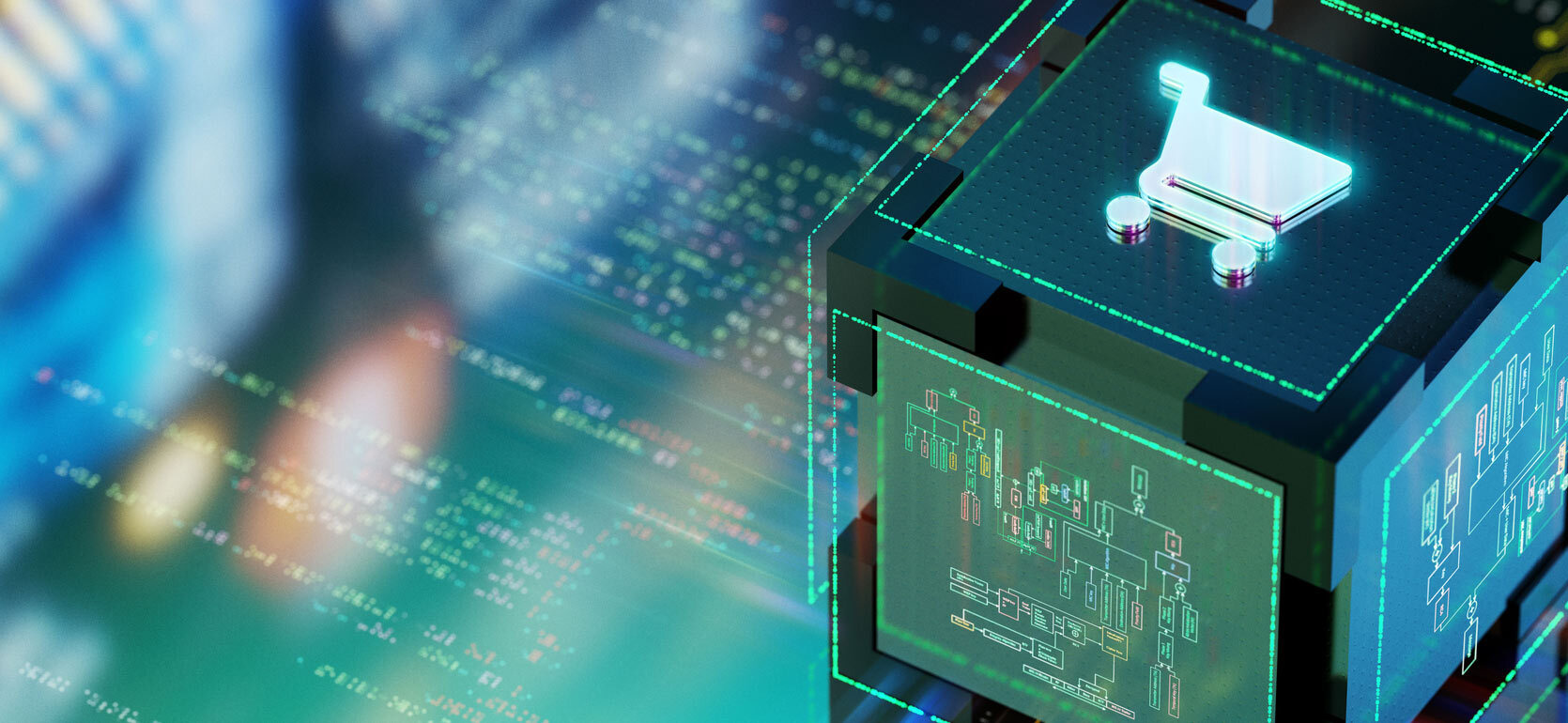
BizTech Law Blog
 With the influx of generative artificial intelligence (“AI”) tools and applications becoming readily available online, it is increasingly important to assess whether AI-generated works can obtain intellectual property protection. Specifically, in light of AI apps being able to create paintings, photographs, and illustrations from minimal prompting from an end-user, the United States Copyright Office (the “Copyright Office”) has had to consider whether such works can be copyrighted and to what extent.
With the influx of generative artificial intelligence (“AI”) tools and applications becoming readily available online, it is increasingly important to assess whether AI-generated works can obtain intellectual property protection. Specifically, in light of AI apps being able to create paintings, photographs, and illustrations from minimal prompting from an end-user, the United States Copyright Office (the “Copyright Office”) has had to consider whether such works can be copyrighted and to what extent.
At first glance, the definition of a “copyright” from the Copyright Office may seem to rule out AI-generated works. A copyright is defined as “a type of intellectual property that protects original works of authorship as soon as an author fixes the work in a tangible form of expression.” See https://www.copyright.gov/what-is-copyright/.
Generative AI tools that can create graphics often are not producing such material from scratch. It is the inherent function of many AI tools to generate content based on an algorithm that pulls from other end-users’ input, merges them in some fashion to meet the request of the end-user, and then constructing a “new” output. However, there has been debate regarding whether that output is considered “original.”
The Copyright Office has responded to this conundrum by posing limitations on what types of AI-generated works can be copyrighted. The guidance the Copyright Office has provided suggests it is possible to protect works generated with the support of AI tools through copyright, so long as the human author of the work discloses their human authorship and can describe how the AI tool contributed to the final product.
Therefore, it is possible to obtain copyright protection for a work generated with the assistance of an AI application so long as the applicant discloses or addresses the following upon applying for a copyright:
- Human Contribution. Be sure to claim only human-authored contributions to any copyrighted work. A human author must contribute significantly to a work in order to obtain copyright protection; an AI tool cannot be responsible for more than trivial contributions to an end product.
- AI-Generated Contribution. Consider how exactly the AI tool that assisted with generating the work operates, and how it aided the design of the graphic. Carefully research whether the AI application used to generate the work pulls from a limited database, or whether potentially protected copyrighted material could have been used to generate the photograph or painting you are seeking a copyright for.
- Limitation of Claim to Copyright Protection. Explicitly exclude AI content that contributed to the work more than in a de minimis fashion. A copyright can be limited from full protection over the generated image to only protection over the human-authored portion of the illustration.
At Foster Swift, we are happy to assist prospective applicants with the copyright application process. If you have any questions about obtaining copyright protection, or intellectual property law in general, please reach out to a member of the Intellectual Property group to discuss. Our practice group can help familiarize you with copyright law and obtain a better understanding of intellectual property-compliant practices.
- Associate
Lindsey Mead is an associate with the firm's Business & Tax practice group in Lansing. Lindsey focuses on business law, business contracts, intellectual property, and legal matters associated with business' use of artificial ...

